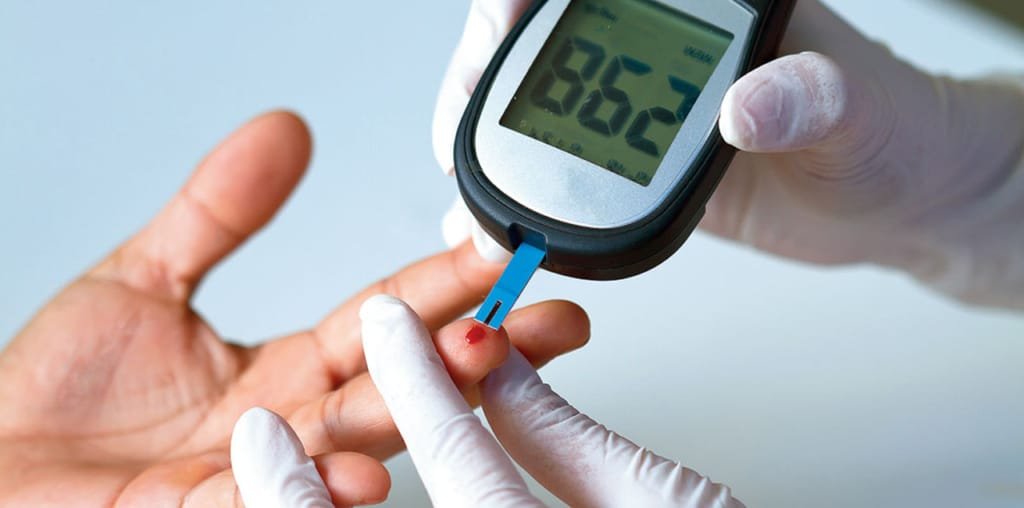New Vaccine Offers Hope for Reversing Autoimmune Diseases Like Diabetes
Managing Diabetes: Understanding the Types, Causes, and Promising Research
Diabetes is a prevalent chronic condition affecting numerous individuals globally. It arises when the body fails to produce adequate insulin, the hormone essential for regulating blood sugar levels.
There are two primary types: type 1 and type 2 diabetes. Type 1 diabetes is an autoimmune disease wherein the immune system mistakenly attacks and destroys the pancreatic cells responsible for insulin production.
On the other hand, type 2 diabetes, more common, results from a combination of genetic and lifestyle factors like obesity, sedentary behavior, and poor dietary choices.
While diabetes currently lacks a cure, individuals rely on daily insulin injections or medications to manage their blood sugar levels.
However, researchers from the University of Chicago’s Pritzker School of Molecular Engineering (PME) have made remarkable progress in the development of an innovative vaccine that may hold the key to reversing autoimmune diseases, including type 1 diabetes, without compromising overall immune function.
Termed an “inverse vaccine,” this revolutionary approach aims to retrain the immune system by teaching it to tolerate certain molecules it would typically attack.
The research team at PME leveraged the liver’s natural mechanism, which creates “do not attack” signals for molecules derived from broken-down cells to prevent autoimmune reactions.
By attaching these signals to immune-targeted molecules like myelin proteins in multiple sclerosis or insulin proteins in type 1 diabetes, they administered the flagged molecules through lymph node injections, successfully erasing the immune memory and halting the autoimmune response.
Revolutionary Research: An Inverse Vaccine with Unprecedented Results
Promisingly, the team conducted trials on rodent models of multiple sclerosis and type 1 diabetes, entirely reversing symptoms and restoring normal functionality. What sets this inverse vaccine apart is the fact that it doesn’t compromise the immune system’s ability to combat other infections—an issue often associated with existing treatments that suppress immunity, potentially leading to heightened infection and cancer risks.
This groundbreaking work builds upon previous research conducted by Jeffrey Hubbell, a Professor in Tissue Engineering at PME and the lead author of this study.
Hubbell’s team discovered that by attaching molecules to a sugar called N-acetylgalactosamine (pGal), they could simulate the liver’s “do not attack” flags, effectively teaching the immune system to tolerate the specific molecules.
Inverse Vaccine: A Promising Approach for Treating Autoimmune Diseases
Hubbell expresses enthusiasm regarding the potential of the inverse vaccine to treat autoimmune diseases. This innovative approach offers hope even after inflammation and damage caused by these diseases have occurred. With its applicability in real-world scenarios, the inverse vaccine presents an exciting prospect in the field of autoimmune disease treatment. Moreover, Hubbell believes that this novel vaccine will provide greater specificity and fewer side effects compared to current treatments.
Notably, the inverse vaccine has already progressed to phase I clinical trials for celiac disease, yet another autoimmune disorder that leads to small intestine damage upon gluten consumption. Future plans involve testing the vaccine’s efficacy in other autoimmune diseases, such as rheumatoid arthritis and Crohn’s disease.
This groundbreaking study has been published in Nature Biomedical Engineering, offering a glimmer of hope for those living with autoimmune diseases and paving the way for potential game-changing treatments that are both effective and safe.
[Published in Nature Biomedical Engineering]

